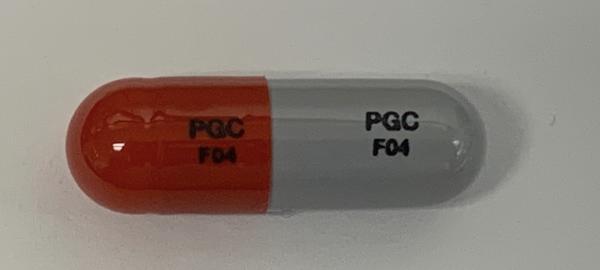Cycloserine and Alcohol/Food Interactions
There is 1 alcohol/food/lifestyle interaction with cycloserine.
Cycloserine Food/Lifestyle
Major Food Interaction
Using cycloSERINE together with alcohol may increase the risk and/or severity of central nervous system side effects such as dizziness, drowsiness, depression, anxiety, psychoses, memory impairment, confusion, and convulsions. You should not use alcohol during treatment with cycloSERINE. In addition, using cycloSERINE together with caffeine may increase side effects such as insomnia, excitability, irritability, anxiety, tremor, psychoses, and convulsions. Do not use caffeine-containing medications without first talking to your doctor or pharmacist. You should also avoid the consumption of certain beverages or stimulants with very high caffeine levels (for example, energy drinks) during treatment with cycloSERINE. It is important to tell your doctor about all other medications you use, including vitamins and herbs. Do not stop using any medications without first talking to your doctor.
Switch to professional interaction data
Cycloserine drug interactions
There are 42 drug interactions with cycloserine.
Cycloserine disease interactions
There are 3 disease interactions with cycloserine which include:
More about cycloserine
- cycloserine consumer information
- Check interactions
- Compare alternatives
- Drug images
- Side effects
- Dosage information
- During pregnancy
- Drug class: streptomyces derivatives
- Breastfeeding
- En español
Related treatment guides
Drug Interaction Classification
| Highly clinically significant. Avoid combinations; the risk of the interaction outweighs the benefit. | |
| Moderately clinically significant. Usually avoid combinations; use it only under special circumstances. | |
| Minimally clinically significant. Minimize risk; assess risk and consider an alternative drug, take steps to circumvent the interaction risk and/or institute a monitoring plan. | |
| No interaction information available. |
See also:
Further information
Always consult your healthcare provider to ensure the information displayed on this page applies to your personal circumstances.


